Society
PM Modi to release Kisan Samman Nidhi’s 18th installment - The Hindu
Prime Minister Narendra Modi is set to release the 18th installment of the Pradhan Mantri-Kisan Samman Nidhi (PM-KISAN) scheme on October 5, 2024, in Washim, Maharashtra. This initiative will benefit over 9.4 crore farmers across the country, disbursing ₹2,000 to each, with a total expenditure exceeding ₹20,000 crore from the Central government.
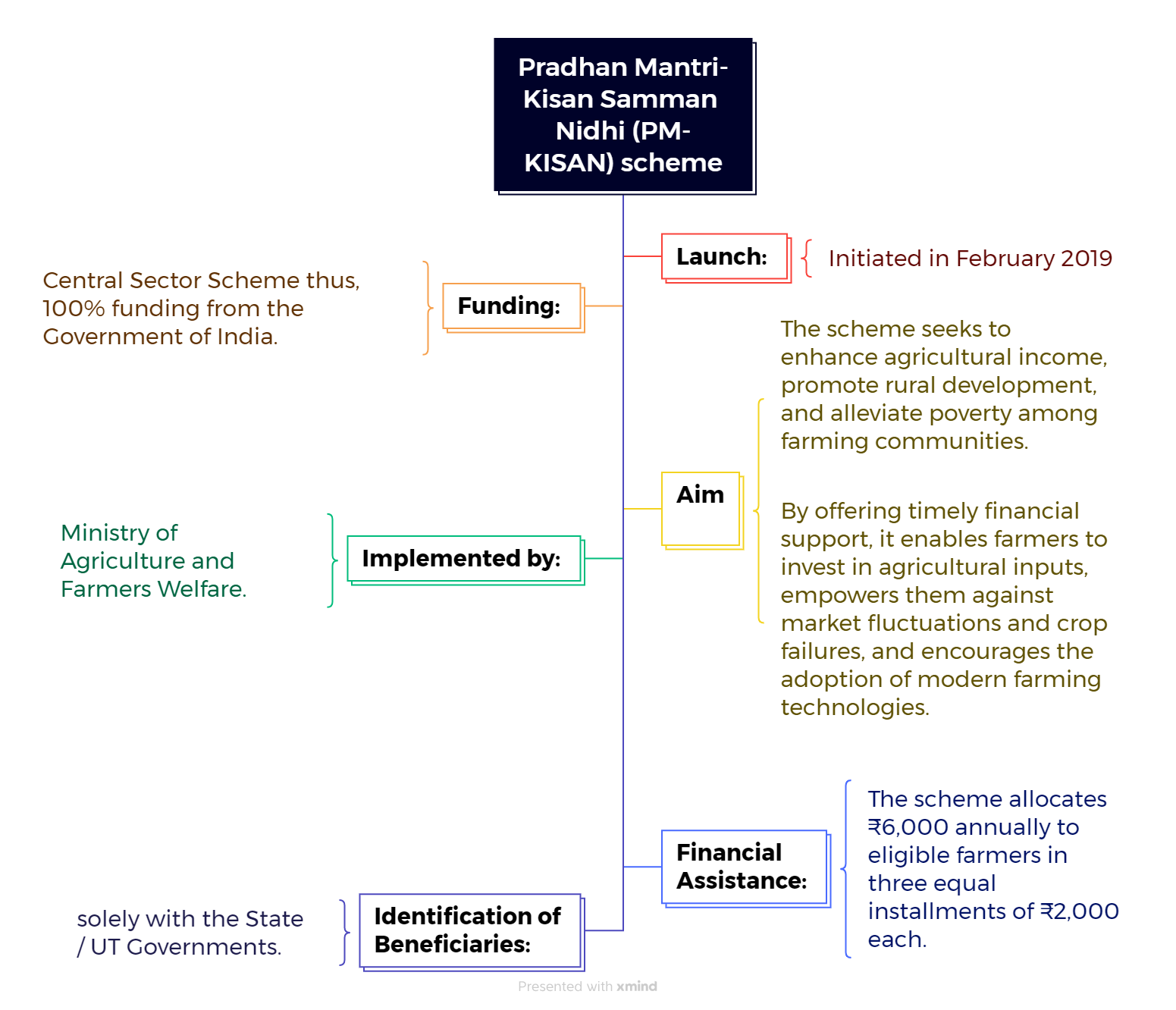
Polity
SC rejects review pleas against verdict allowing states to tax mineral rights - Indian Express; The Hindu
Context
The Supreme Court of India has dismissed review petitions challenging its July 25 judgment, which upheld the power of State legislatures to tax mineral-bearing lands and quarries. This ruling reinforced the federalist principles of governance, asserting the autonomy of States in managing their mineral resources and tax policies.
Background of the Case
- In its July 25 decision, the Supreme Court ruled that states have the legislative authority to tax mineral rights and that royalties paid on minerals do not constitute a tax.
- This verdict provided the states the legal framework to continue collecting royalties on mineral extractions, a major source of revenue for several state governments.
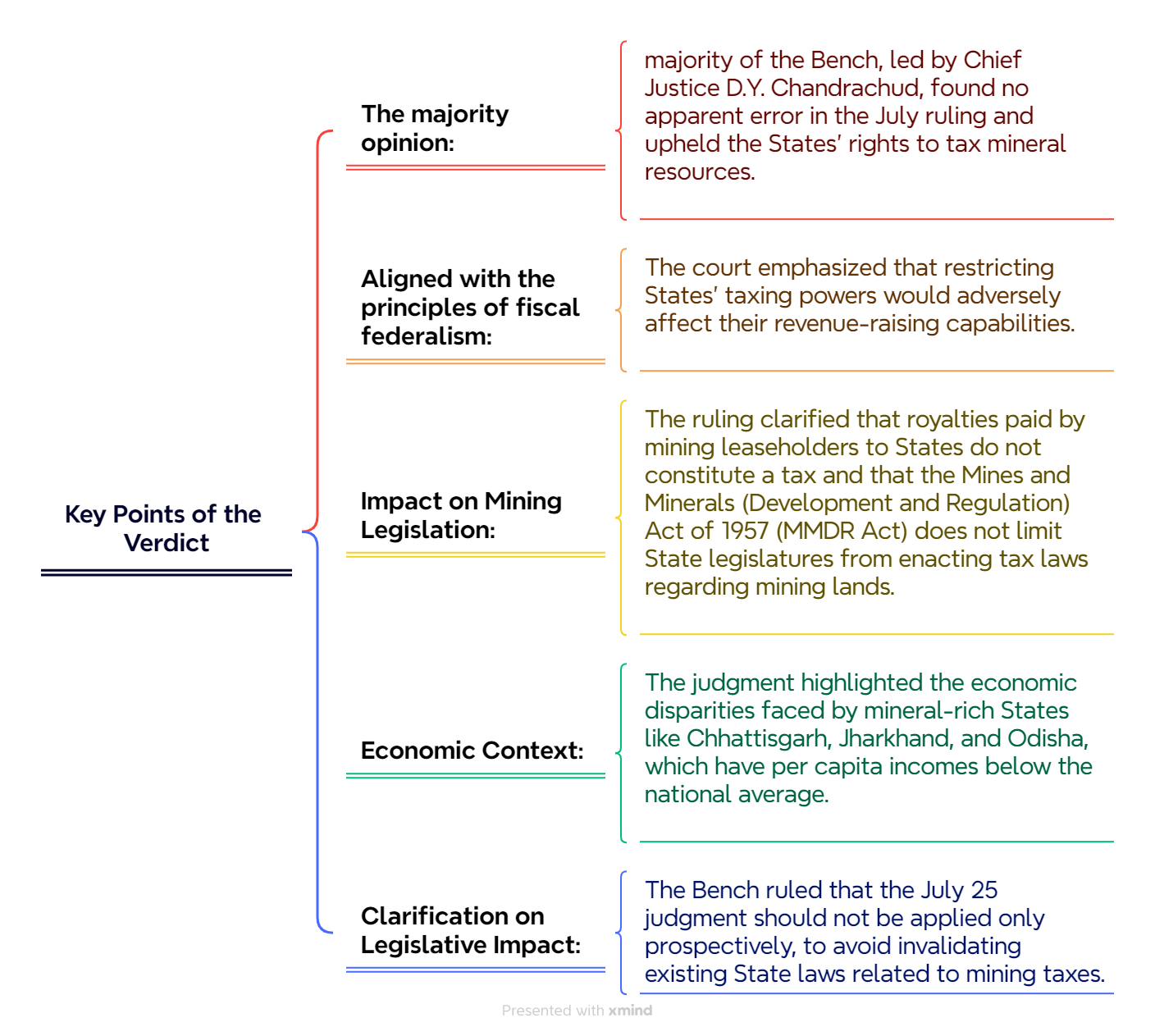
Implications
- This ruling upholds the financial autonomy of states over mineral resources, ensuring a steady revenue stream.
- However, the judgment may impact the mining industry, as States may adjust their tax policies to optimize revenue from mineral resources.
- The Centre's concerns about the broader economic impact remain unaddressed with the dismissal of the reviews.
World Affairs
External Affairs Minister S. Jaishankar is set to visit Pakistan for a meeting of the Shanghai Cooperation Organization (SCO) - The Hindu; Indian Express
Shanghai Cooperation Organization (SCO)
- Origins: The SCO traces its roots to the "Shanghai Five," established in 1996 with China, Russia, Kazakhstan, Kyrgyzstan, and Tajikistan.
- Historical Significance: The dissolution of the USSR in 1991 raised concerns about extremist religious groups and ethnic tensions, prompting the need for a cooperative security framework.
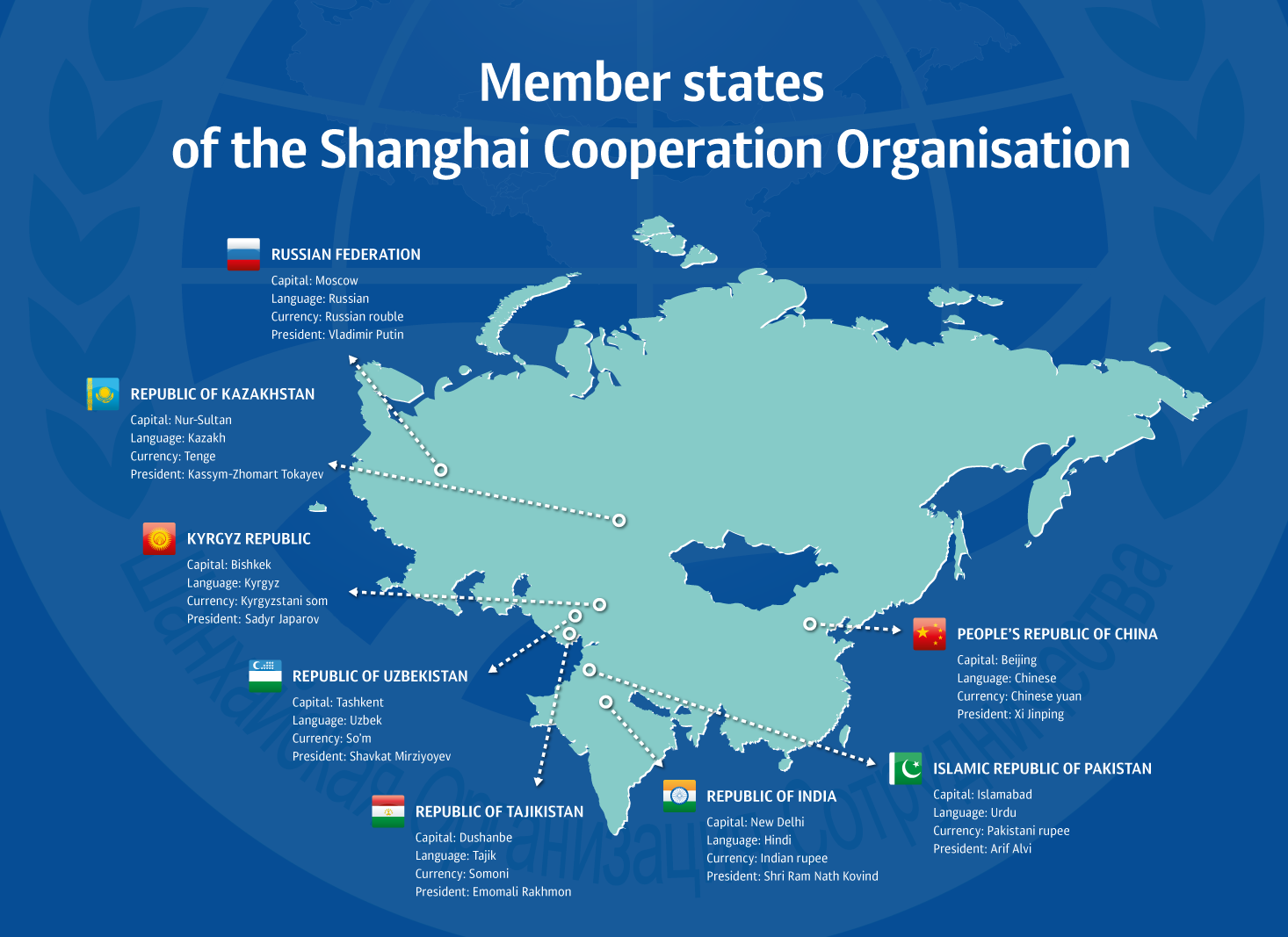
- Establishment: The SCO was formally established on June 15, 2001, in Shanghai, adding Uzbekistan as its sixth member.
- Members: Nine members: India(2017), Iran, Kazakhstan, China, Kyrgyzstan, Pakistan, Russia, Tajikistan, and Uzbekistan.
- Observer Status: Afghanistan and Mongolia
- Significance
- It provides a platform for member states to collaborate on counter-terrorism and regional stability.
- Russia and China have positioned the SCO as a counterbalance to Western-led global governance structures, alongside other alliances like BRICS.
Russia decides at 'highest level' to remove Taliban from terrorist list: TASS report - Indian Express
Context
- Recently, Russia's Foreign Ministry announced that a decision has been made at the highest level to remove the Afghan Taliban from its list of terrorist organizations. This significant move is expected to reshape Russia's relations with Afghanistan and the Taliban leadership, further indicating a shift in Russia's diplomatic approach.
About the Decision
- Historical Context: Russia designated the Taliban as a terrorist organization in 2003.
- US Withdrawal: The Taliban regained control of Afghanistan in August 2021, following the withdrawal of US-led forces, which had been stationed in the country for two decades. Since then, Russia has slowly built ties with the Taliban, recognizing them as a potential ally in combating terrorism.
- Current Scenario: Although no country has formally recognized the Taliban as Afghanistan's legitimate government, nations like China and the UAE have accepted Taliban ambassadors.
- Reason behind the decision: Russia acknowledged the Taliban's efforts to curb drug production and combat the Islamic State (IS) group, which Russia considers a significant threat.
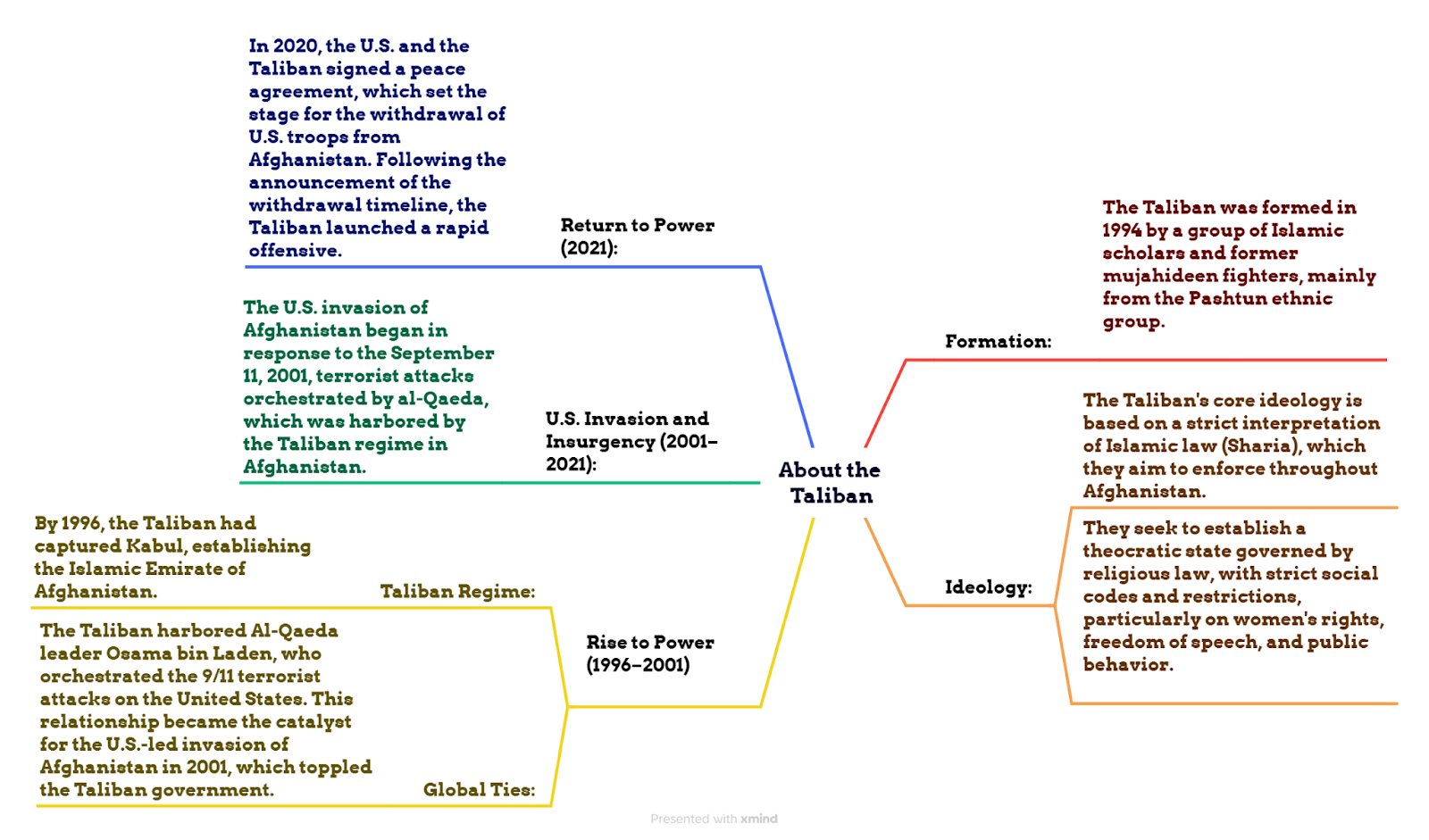
Economy
India, U.S. Sign MoU on Critical Minerals Supply Chains - The Hindu
On October 4, 2024, during the 6th Commercial Dialogue held in Washington, Union Minister of Commerce and Industry Piyush Goyal and U.S. Secretary of Commerce Gina Raimondo signed a Memorandum of Understanding (MoU) aimed at expanding and diversifying critical minerals supply chains between India and the United States.
Key Highlights of the MoU
- Objectives: The MoU aims to leverage the complementary strengths of both countries in critical minerals exploration, extraction, processing, refining, recycling, and recovery.
- Focus: on identifying equipment, services, policies, and best practices to facilitate commercial development in these sectors.
- The priority areas:collaboration in semiconductors, chemicals, and critical minerals, particularly in battery technologies and healthcare products.
- Progress on Semiconductors: The dialogue reviewed ongoing efforts to facilitate resilient and sustainable semiconductor supply chains, building upon previous agreements and assessments by industry associations from both countries.
China's Restrictive Measures
- China has imposed a series of curbs on exports of gallium and germanium, both essential for the semiconductor industry.
- These restrictions are part of a broader strategy, including a ban on exporting technology related to rare earth magnets and critical material extraction.
Critical Minerals
- About: Critical minerals are integral to various industries, including electronics, renewable energy, defense, automotive, and aerospace.
- Usage: They are used in the manufacture of batteries, semiconductors, catalysts, and many other applications.
- Examples of Critical Minerals: Rare Earth Elements, Lithium, Cobalt, Graphite, Copper, Nickel, Tin etc.
Environment
How elephants are counted - Indian Express
Context
- Recent reports indicate a significant decline in elephant populations in India, attributed to various developmental projects and inadequate census methodologies. This has prompted calls for a reassessment of current counting methods to ensure accurate population estimates and effective conservation strategies.
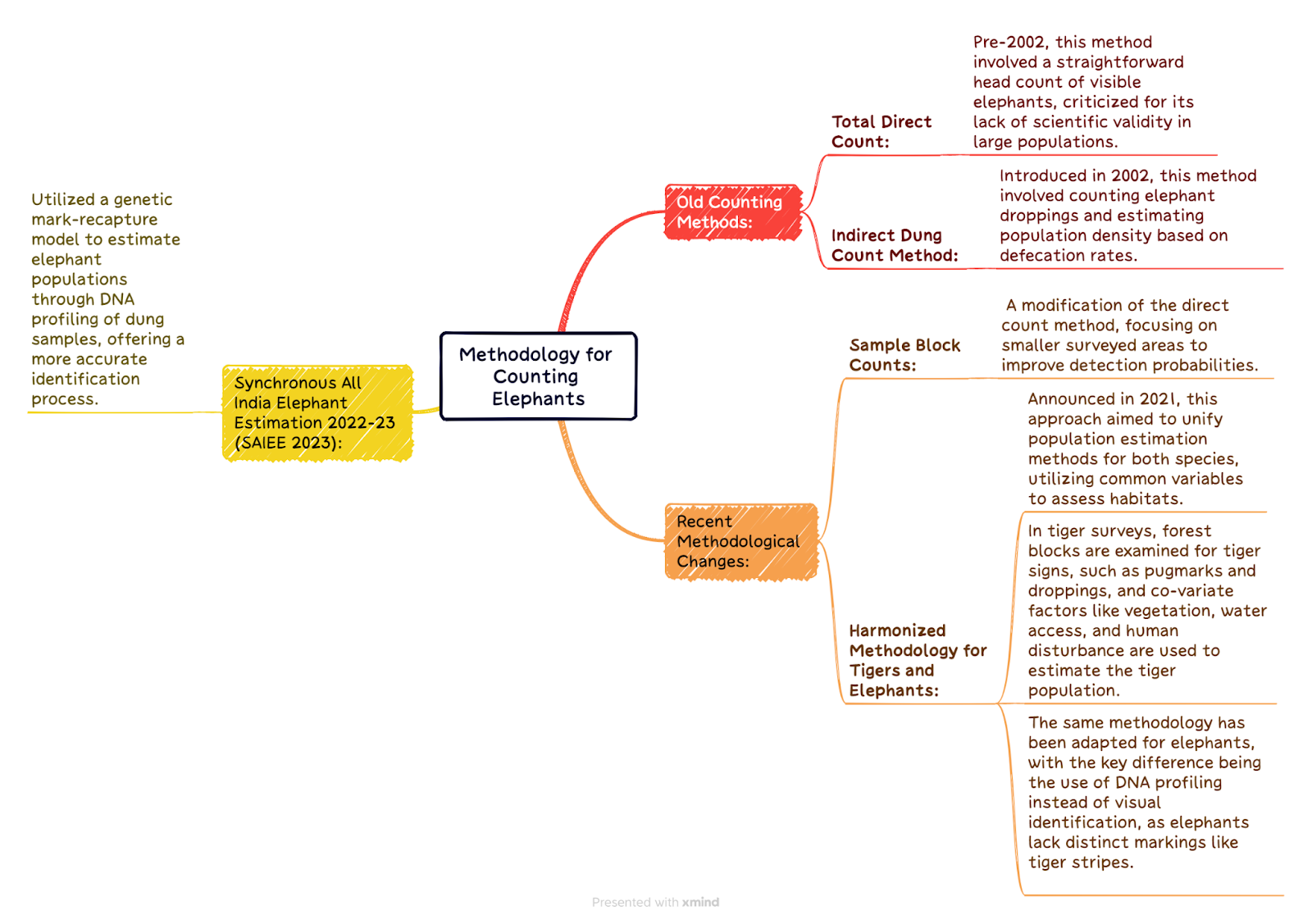
The decline in Elephant Numbers
- Key States Affected: Southern West Bengal: 84% population decline; Jharkhand: 64% decline; Odisha: 54% decline; Kerala: 51% decline
- Reason: The report attributes a large part of this decline to developmental projects such as unregulated mining and the construction of linear infrastructure like highways and railways that cut through elephant habitats.
Sci and Tech
Scientists Mapped The Fruit Fly's Brain: Why Is This Significant? - Indian Express
Recently, scientists have successfully mapped the entire brain of an adult fruit fly, a major scientific milestone that marks the first time researchers have completed such a detailed map of an adult animal's brain. This achievement could pave the way for understanding the human brain and aiding in the treatment of mental health conditions like Parkinson’s disease and depression.
About the Mapping of the Fruit Fly’s Brain
Initiation: The brain mapping project initiated in 2013.
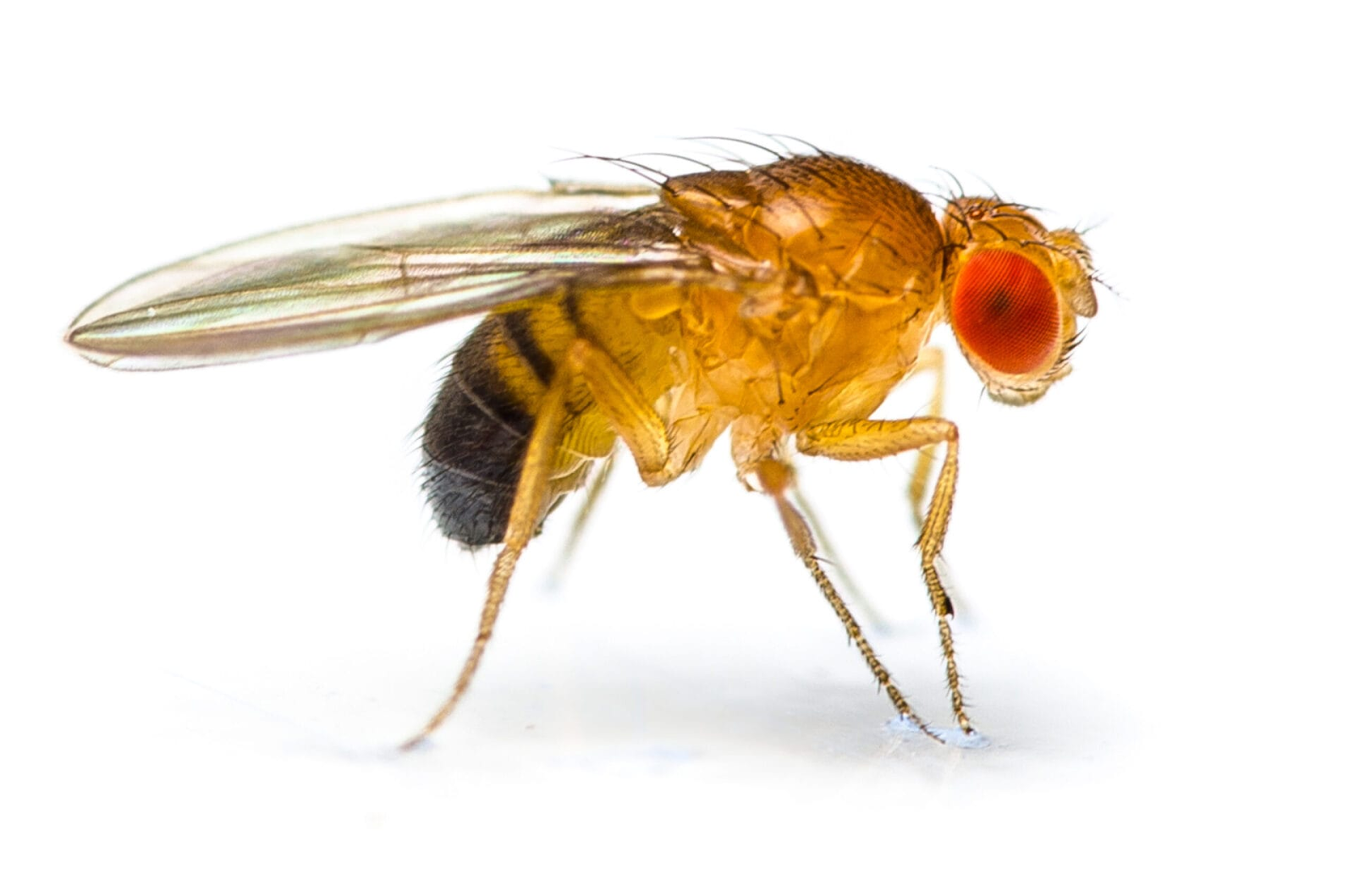
- Mechanism:
- It involved immersing the brain of a fruit fly in a chemical solution to harden it into a solid block.
- Scientists then shaved off extremely thin layers of the brain, taking microscopic images of each section.
- Over 7,050 sections and 21 million photos were taken to produce a high-resolution image of the entire brain.
Key Findings of the Study
- Connections & Neurons: Researchers identified over 50 million connections between 139,000 neurons in the fly’s brain.
- Cell Classification: 8,453 distinct types of brain cells were classified, creating the largest catalogue of cell types for any brain to date.
- Functional Insights: The research revealed how fruit flies process motion and color through their eyes, and scientists discovered a group of "hub neurons" that may facilitate faster information flow.
Significance for Neuroscience
- Universal Brain Logic: While the human brain is far more complex than a fruit fly's, the fundamental communication between neurons or the "source code" is similar across species.
- Neuroscience Model: Fruit flies have long been an important model organism in neuroscience, and understanding their brain functions provides insights into similar problems that humans face.
- Human Brain Mapping: This research raises hopes that one day scientists will be able to map the human brain, which is essential for better understanding neurological functions and disorders.
WHO Approves First Mpox Diagnostic Test for Emergency Use, Boosting Global Access
The World Health Organization (WHO) has granted emergency use approval for the Alinity m MPXV assay, marking a significant step in enhancing global testing capacity for Mpox (monkeypox) amid rising cases, particularly in Africa.
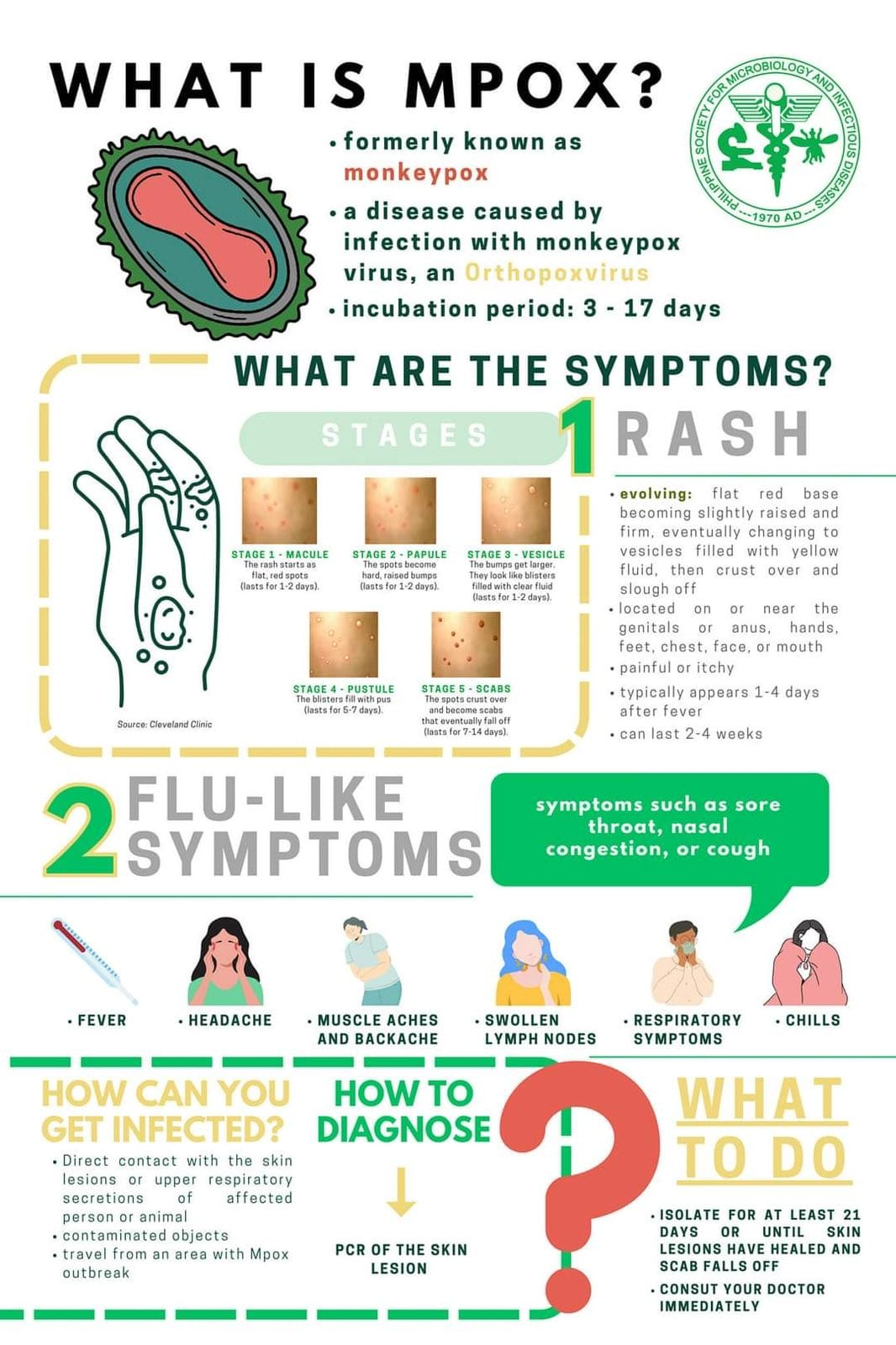
Alinity m MPXV assay
- About: The first Mpox in vitro diagnostic test to receive WHO's Emergency Use Listing (EUL) status.
- Developed by: Abbott Molecular Inc.,
- Key Features
- It is a real-time PCR test designed for use by trained clinical laboratory personnel.
- It detects monkeypox virus DNA from human skin lesion swabs, allowing for efficient confirmation of suspected cases.
Defense
S-400 missiles delivery delayed because of Russia-Ukraine conflict - Indian Express
Context
Air Chief Marshal A P Singh announced that India will receive the remaining two squadrons of the S-400 air defence missile system by 2025. The delivery has been delayed due to the Russia-Ukraine conflict. India has already received three squadrons of the S-400 missile system.

Miscellaneous
Shyamji Krishna Varma - PIB
Context:
Prime Minister Shri Narendra Modi pays tributes to freedom fighter Shyamji Krishna Varma on his birth anniversary
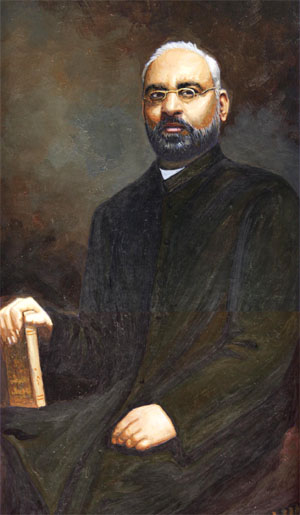
About Shyamji Krishna Varma
- Educational aspects: the first Indian M.A. and a scholar in Sanskrit and English
- Connection with Bombay Arya Samaj: Became the first President of Bombay Arya Samaj.
- Support for Indian Revolutionaries: Provided scholarships to young Indian students to study in England, supporting their education and political activism
- Influenced revolutionaries: such as Veer Savarkar, Lala Har Dayal, and Madan Lal Dhingra.
- Related Institutions:
- Established the India House in London in 1905 as a hub for revolutionary activities.
- Created the Indian Home Rule Society to promote India's independence cause.
- Newspaper: Launched the newspaper The Indian Sociologist.